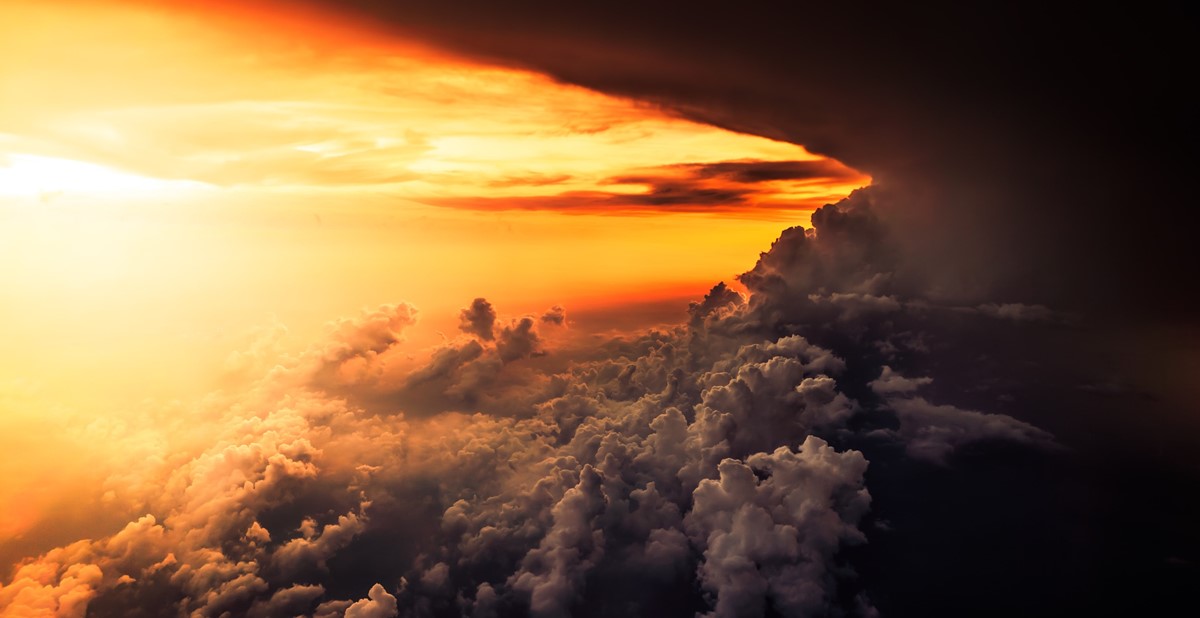Market Share: A Recipe For Recovery

Photograph by Arto Marttinen / Unsplash.com
After a year of unexpected challenges, from the coronavirus pandemic to natural disasters, including hurricanes, wildfires and an unprecedented winter storm that spread from Texas to Northern Mexico in February, consumers are now expecting more civic involvement from the brands they do business with. A recent national survey of 550 consumers, conducted by advertising agency MullenLowe as part of its monthly research series, ML:Next, focused on how natural disasters and severe weather has sparked a preparedness trend among consumers, posing a unique opportunity for brands to step in and fill this need.
The survey found that a majority of respondents (60 percent) felt the winter storm and related events in Texas in February caused them to reconsider how they prepare for emergencies. Nearly nine in 10 (89 percent) said they felt it would be helpful for major retailers, like Walmart, Target and Amazon, to sell emergency kits tailored to different disaster scenarios relevant to specific regions of the U.S. About half (49 percent) said they are less likely to have an emergency kit on-hand in the event of an emergency. According to Ready.Gov, a basic emergency kit may include items such as a flashlight, first-aid kit, batteries, whistle, local maps, plastic sheeting, duct tape, a manual can opener, garbage bags, moist towelettes and a wrench or pliers.
On how brands can better offer their help, one-third of respondents (35 percent) said that paying for resources is most helpful, though if companies are unable to give financially, donating their time through employee volunteering (14 percent) and information-sharing (13 percent) are next in line. Nearly half of respondents (45 percent), however, cautioned against brands posting information that was non-related to severe weather and natural disasters, saying that it’s insincere. When asked how they consume their news, and how brands can most effectively reach them during a natural disaster or emergency, more than one-third (35 percent) said they’d turn to social media, with the main platforms being Facebook (74 percent), Twitter (51 percent) and YouTube (49 percent).
To provide context as to how some brands are getting involved in civic issues in bigger ways, the report noted three examples citing Bass Pro Shops, Tesla and Airbnb. During Hurricane Harvey in 2017, which made landfall in Louisiana and Texas, Bass Pro Shops donated 100 boats to government agencies and rescue organizations, along with $40,000 worth of supplies. Also in 2017 during Hurricane Irma, which made landfall in Florida, Tesla released a software update that extended vehicle owners’ battery life at no additional charge to help them evacuate. And last year, during the height of the pandemic, Airbnb launched a program allowing hosts the option to offer free lodging and accommodations to coronavirus first-responders. The efforts of all three companies show how brands can utilize their unique resources or areas of expertise to contribute to disaster relief efforts, or help consumers prepare—and to show the public they’re not only concerned with consumer trends, but also their health, safety and well-being.
––––––––––––––––––––––––––––––––––––––––––––––––––––––––––––––––––––––––––
Danielle Renda is associate editor of PPB.

